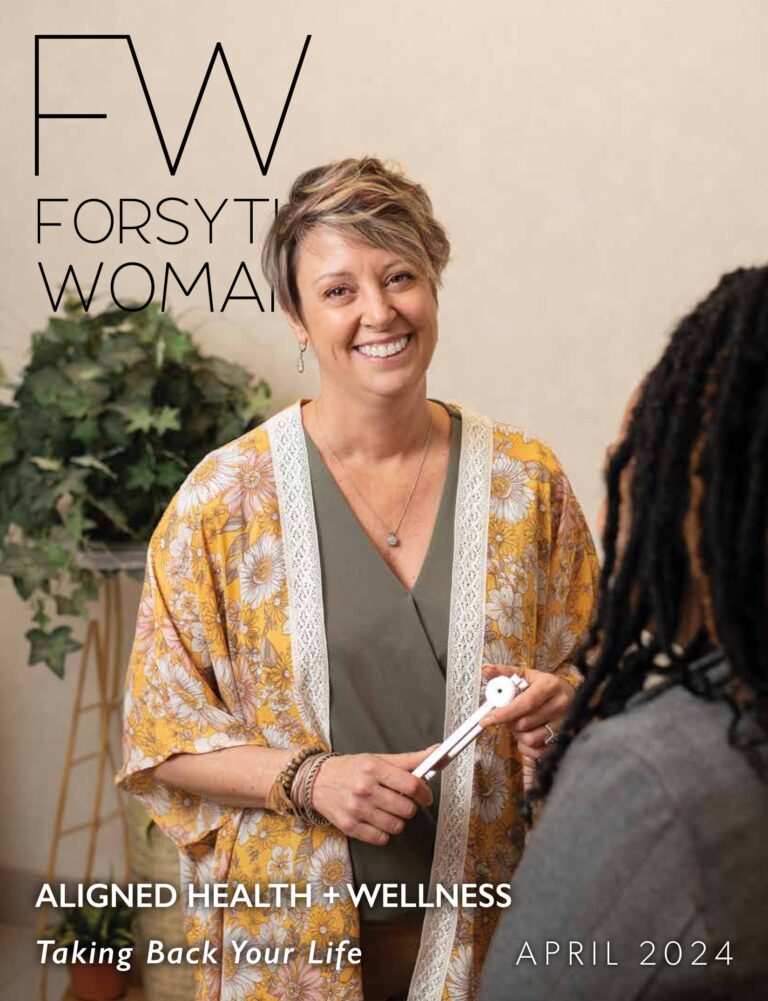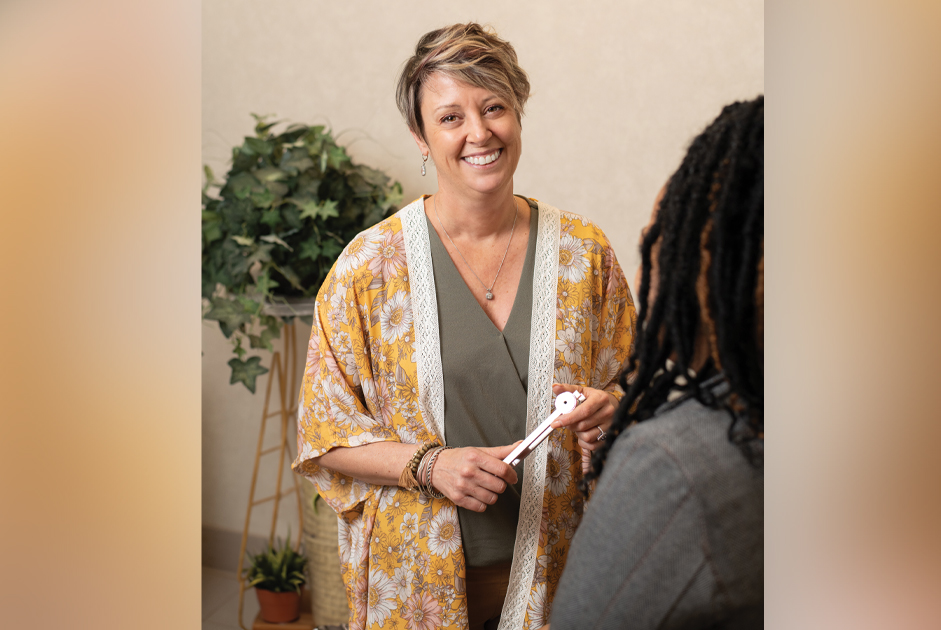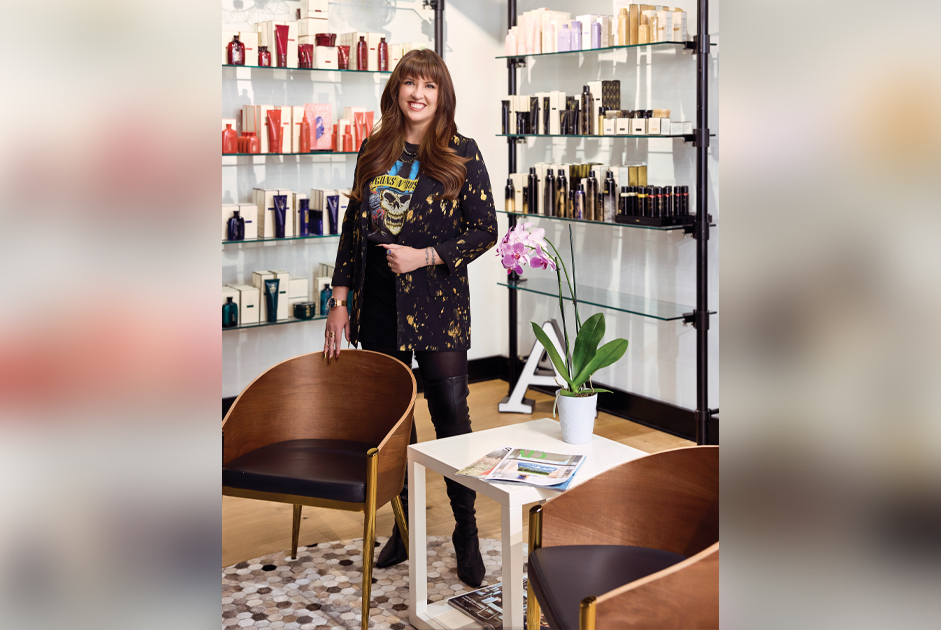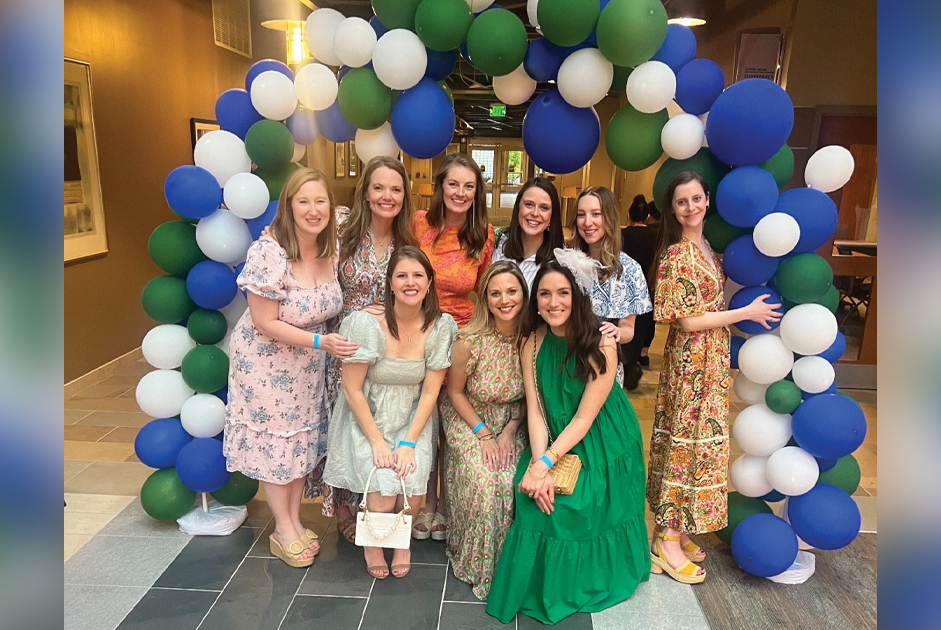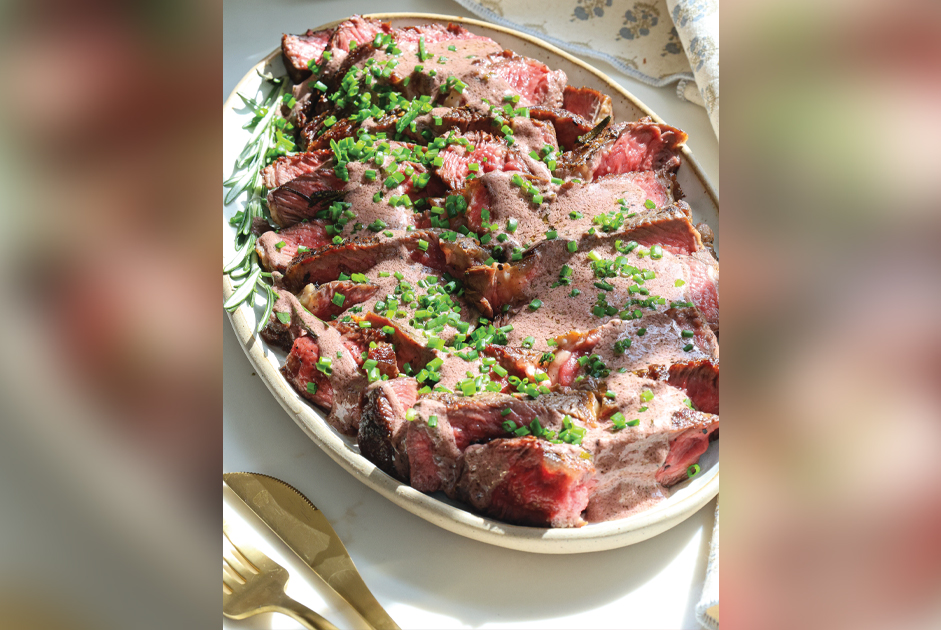BY JEAN MARIE JOHNSON
No way.
No, not me.
No, that’s not right.
No.
Ouch, ouch, ouch! The word “No” gets a bad rap for being the ultimate negation. Many of us are uncomfortable with this tiny utterance because we fear sounding rude, appearing unhelpful, or coming across as an abrupt curmudgeon. Besides, as women especially, we were told that saying no was a no-no because, well, it just wasn’t nice.
But there is another side to No, one that, in the yin and yang of things, acts more like a resounding Yes! Instead of saying No right now, consider that No can be a good thing:
When we use No to resist or reject something that doesn’t serve us, No is a good thing. We say No to our less-than-healthy habits so that we can say Yes to those that serve us well. “Ice cream to satisfy that sweet tooth? No, I think I’ll go with the fresh berries, thanks.”
When we call on our No to reject a toxic person or relationship, No is a good thing. By freeing ourselves from the emotional and psychological drain of a person with major issues, we can focus our attention and energy on people who fire us up, support us, and don’t have a need to make us feel bad.
When we call on our No to help us focus on our vision, values, or goals, No is a good thing. We can’t be, do, or have everything. When we say No to some things, we create the space we need to fill our lives with what matters most to us.
And here’s the behemoth:
When we call on our No to serve from our strengths and gifts and allow others to serve from theirs, No is a good thing. Organizational psychologist Adam Grant says it beautifully: “No makes your Yes more meaningful…It makes you more of a specialist rather than a generalist in what you give to others.” Okay, so I warned you that this one is loaded. As much as we might want to scooch underneath the nearest table, or disappear into the woodwork, we often say Yes to a request simply because it seems like the “right” thing to do. We disavow other considerations such as our skills, abilities, gifts, other commitments, and priorities, and murmur an obligatory Yes. For many, saying No goes beyond a matter of courtesy; it flies in the face of what it means to be generous and kind.
Dr. Judith Sills in The Power of No invites us to reconsider our relationship with No: “No is both the tool and the barrier by which we establish and maintain the distinct perimeter of the self. No says, ‘This is who I am; this is what I value; this is what I will and will not do; this is how I will choose to act.’ We love others, give to others, cooperate with others, and please others, but we are, always and at the core, distinct and separate selves. We need No to carve and support that space.”
I learned the necessity of No the hard way. As an aunt blessed with two grandnieces, I hope to pass on a healthy model of what it means to carve out and support that sacred space. Once we empower ourselves to understand that No is a matter of personal integrity, we free ourselves to embrace No as a good thing. We can learn to express our No’s in ways that feel more kind and respectful. Consider:
I can’t
What I’d be happy to do is…
I’d like to, but I’ve already committed to…
I’m not able to take that on right now
I am uncomfortable with that
How about this instead?
Or, as Shelly Tygielski of Mindful observes: “Learning to say ‘no’ and letting it hang out there all alone in its glory is a small kind of superpower.”
You decide.



